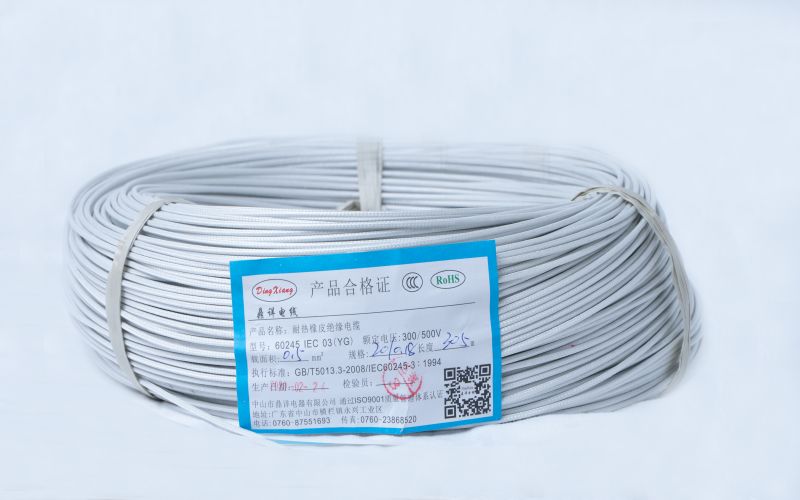When it comes to outdoor applications, choosing the right type of wire is crucial. Outdoor environments can present various challenges, including exposure to moisture, extreme temperatures, and physical wear and tear. Therefore, it is essential to select a wire that can withstand these conditions and provide reliable performance. In this article, we will explore different types of wires commonly used for outdoor applications and discuss their features, advantages, and applications.
1. Thermoplastic Nylon (THHN) Wire
Thermoplastic Nylon (THHN) wire is a popular choice for outdoor applications due to its durability and resistance to moisture and various environmental conditions. It is made of thermoplastic insulation and a nylon jacket, which provides excellent protection against abrasion and chemical exposure. THHN wire is also known for its flexibility, making it easy to handle and install. This type of wire is commonly used for outdoor lighting, landscape lighting, and underground installations.
2. Polyvinyl Chloride (PVC) Wire
Polyvinyl Chloride (PVC) wire is another commonly used option for outdoor applications. It is known for its resistance to sunlight, moisture, and chemicals, making it suitable for a wide range of outdoor installations. PVC wire is available in different colors and sizes, allowing for easy identification and installation. It is frequently used for outdoor security systems, garden lighting, and underground wiring.
3. Direct Burial Cable
Direct burial cables are specifically designed for underground installations and are well-suited for outdoor applications that require wires to be buried directly in the ground. These cables have a durable outer jacket made of materials like PVC or high-density polyethylene (HDPE), providing excellent protection against moisture, UV rays, and physical damage. Direct burial cables are commonly used for outdoor lighting, irrigation systems, and underground electrical wiring.
4. Aluminum Wire
Aluminum wire is often used for outdoor applications where cost-effectiveness is a priority. It is lightweight, corrosion-resistant, and less expensive than copper wire. However, it is important to note that aluminum wire has a higher resistance compared to copper wire, which means it may require larger gauges to achieve the same electrical conductivity. Aluminum wire is commonly used for outdoor power distribution, overhead transmission lines, and outdoor equipment connections.

5. Stainless Steel Wire
Stainless steel wire is highly resistant to corrosion, making it an ideal choice for outdoor applications in corrosive environments. It is especially suitable for areas exposed to saltwater, chemicals, or high humidity. Stainless steel wire is frequently used in marine installations, such as boat wiring, dock lighting, and outdoor coastal applications.
6. Armored Cable
Armored cable, also known as metal-clad cable (MC cable), is a robust and durable option for outdoor installations that require additional protection against physical damage. It consists of multiple insulated conductors enclosed in a metal sheath, providing excellent resistance to moisture, impact, and corrosion. Armored cable is commonly used for outdoor electrical wiring, outdoor equipment connections, and installations where wires are exposed to potential mechanical stress.
Conclusion
Choosing the right wire for outdoor applications is essential to ensure safe and reliable electrical connections. Factors such as durability, resistance to moisture and environmental conditions, and suitability for specific applications should be carefully considered. Thermoplastic Nylon (THHN) wire, Polyvinyl Chloride (PVC) wire, Direct Burial Cable, Aluminum wire, Stainless Steel wire, and Armored Cable are all viable options, each with its unique features and advantages. By understanding the characteristics of different wires, you can make an informed decision to meet your specific outdoor wiring needs.


